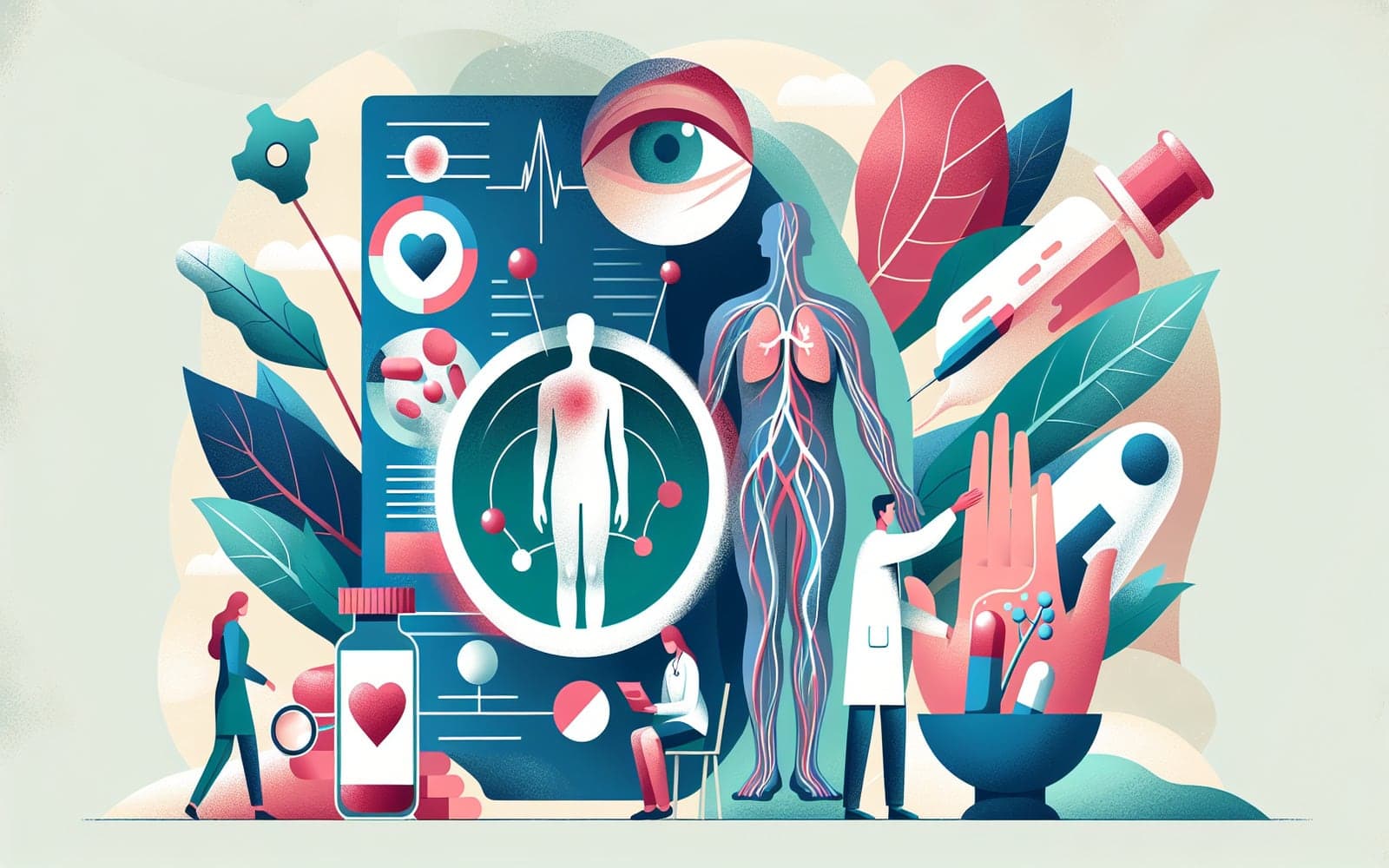What Causes Edema and How Does It Affect Your Body?
Published: May 31, 2024

Medically reviewed by Michelina Stoddard | MD, Ph.D, Joan & Sanford I. Weill Medical College of Cornelle University - San Antonio, Texas on May 31st, 2024.
Edema is a condition where excess fluid accumulates in the body's tissues, leading to swelling. Understanding its causes and effects can help in managing this common condition.
Contents
What is Edema?
Edema refers to noticeable swelling caused by an increase in the fluid volume within the interstitial space of tissues. It can be generalized or localized depending on the underlying cause. Common causes include heart failure, kidney disease, liver cirrhosis, and certain medications.
How Edema Develops
Edema forms when body dynamics favor fluid movement into tissues or when lymphatic drainage is compromised. Factors such as increased capillary pressure, low plasma protein levels, or increased capillary permeability can contribute. The kidneys play a crucial role by retaining sodium and water, further aggravating the condition.

The Role of Kidneys
The kidneys help maintain fluid balance by adjusting sodium and water retention. In edematous states, they may retain too much fluid, worsening the edema. This retention can be a compensatory mechanism to restore blood flow or due to underlying kidney issues.
Frequently Asked Questions
Edema is swelling caused by excess fluid in body tissues.
Edema can be caused by heart failure, kidney disease, liver issues, and some medications.
Kidneys may retain excess sodium and water, worsening edema.
Yes, it can occur in specific areas due to factors like venous obstruction.
Key Takeaways
Understanding the causes and management of edema is crucial for effective treatment.
Want to learn more about edema? Chat with Doctronic to explore your symptoms and treatment options.Related Articles
References
Guyton AC. Chapter 16. In: Textbook of Medical Physiology, 8th ed, Saunders, Philadelphia 1991.
Levick JR, Michel CC. Microvascular fluid exchange and the revised Starling principle. Cardiovasc Res 2010; 87:198.
This article has been reviewed for accuracy by one of the licensed medical doctors working for Doctronic. Always discuss health information with your healthcare provider.

